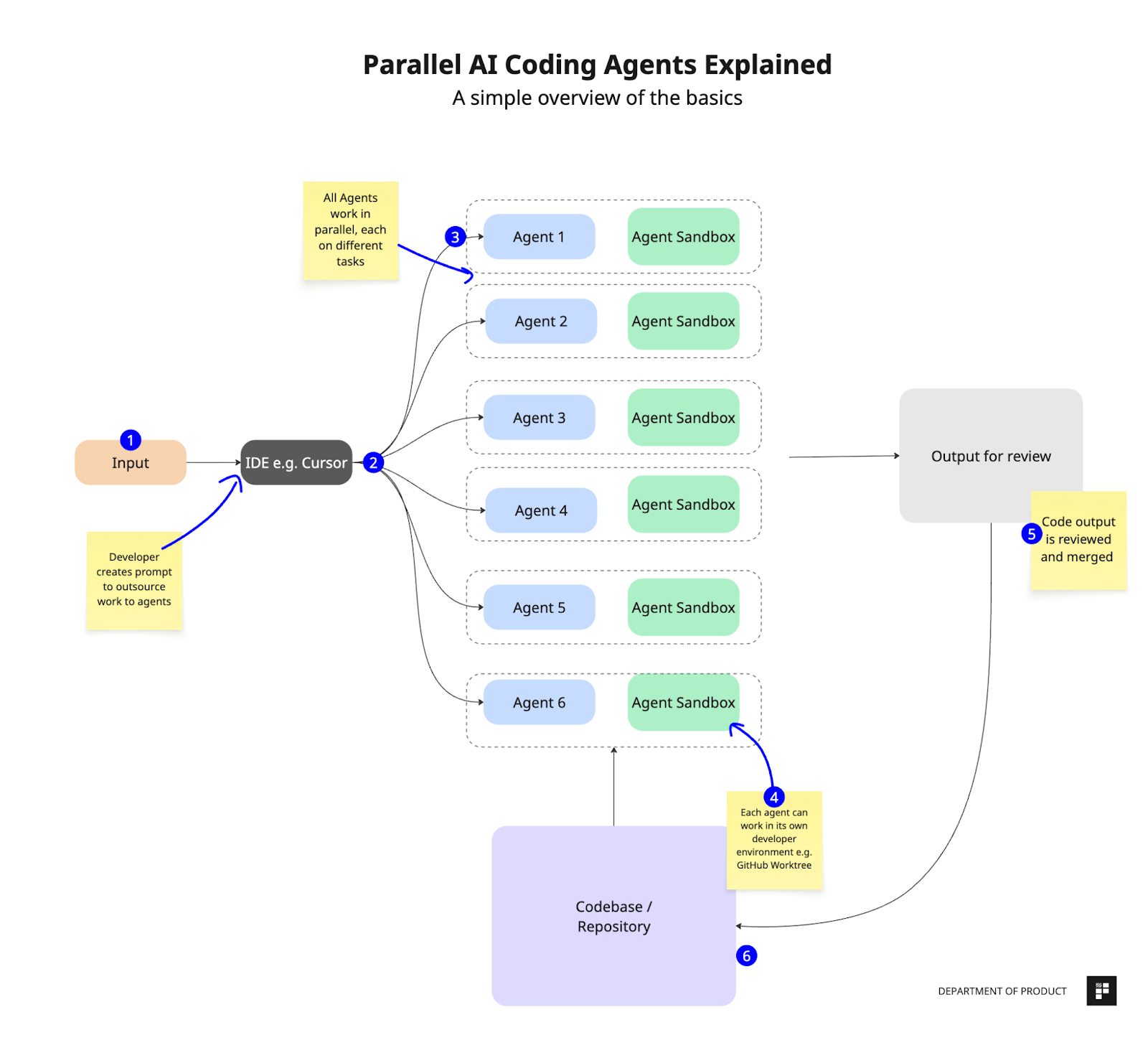Probing Knowledge Holes in Unlearned LLMs
NeutralArtificial Intelligence
A recent study on machine unlearning highlights its effectiveness in removing unwanted knowledge from language models without full retraining. However, researchers have discovered that this process can unintentionally lead to 'knowledge holes,' where benign information is lost. This finding is significant as it raises concerns about the balance between removing harmful content and preserving useful knowledge, prompting further investigation into the implications of unlearning techniques in AI.
— Curated by the World Pulse Now AI Editorial System



